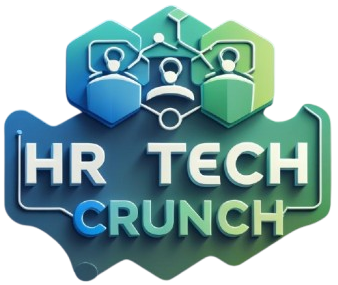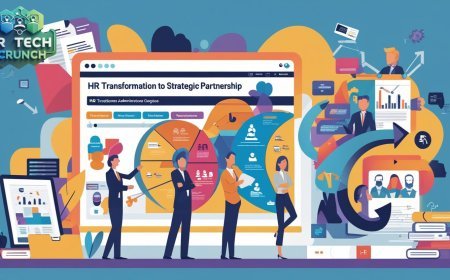Data-Driven HR: Empowering People and Decisions Through Insight

Data-Driven HR: Empowering People and Decisions Through Insight
In the modern workplace, decisions based on intuition and experience are now increasingly complemented by data and analytics. Human Resources, once seen primarily as an administrative function, is evolving into a strategic powerhouse thanks to data-driven approaches. This shift is transforming how organizations understand their people, make decisions, and ultimately create better work environments.
At its core, data-driven HR is about using facts and insights to guide decisions that affect employees and the organization. Rather than relying solely on gut feelings, HR professionals now have access to a wealth of information -from employee performance metrics and engagement scores to recruitment analytics and turnover patterns. This enables more objective, thoughtful, and effective decision-making.
One of the most powerful aspects of data-driven HR is its ability to shine a light on areas that might otherwise go unnoticed. For example, by analyzing performance data, organizations can identify high-potential employees who may benefit from additional development or recognize patterns that suggest where teams might be struggling. This helps create targeted interventions that support individuals and strengthen the whole workforce.
Data also plays a crucial role in recruitment and retention. Understanding which hiring channels yield the best candidates or spotting early warning signs of employee disengagement allows companies to act proactively. This not only saves time and resources but also helps build a workforce that is motivated and aligned with organizational goals.
But beyond the numbers, data-driven HR is ultimately about people. When used thoughtfully, data can help HR teams design policies and programs that better meet employees’ needs. For example, insights from employee surveys can reveal what motivates a team or what challenges they face, enabling leaders to tailor support in ways that truly matter.
It’s important, however, to balance data with empathy. People are not just statistics, and data should never replace human connection or understanding. The best HR practices combine quantitative insights with personal conversations, listening deeply to individual stories alongside the numbers. This ensures decisions are both informed and compassionate.
Data-driven HR also fosters transparency and accountability. When decisions are backed by clear evidence, it builds trust across the organization. Employees feel more confident that processes like promotions, pay raises, or performance reviews are fair and consistent. This can enhance morale and strengthen the overall culture.
As technology advances, the possibilities for data-driven HR continue to expand. Artificial intelligence and machine learning can analyze vast amounts of data quickly, uncovering trends that humans might miss. But with these tools comes the responsibility to handle data ethically, respecting privacy and avoiding biases that could harm individuals or groups.
Ultimately, embracing data-driven HR is about empowering both people and organizations. It helps create workplaces where talent is recognized and nurtured, challenges are addressed early, and strategic goals are achieved with clarity. When HR teams harness data wisely, they become partners in building a healthier, more dynamic, and more inclusive workplace.
In a world overflowing with information, the true value lies not just in collecting data but in using it thoughtfully to support the people behind the numbers. That’s the promise -and the power -of data-driven HR.























